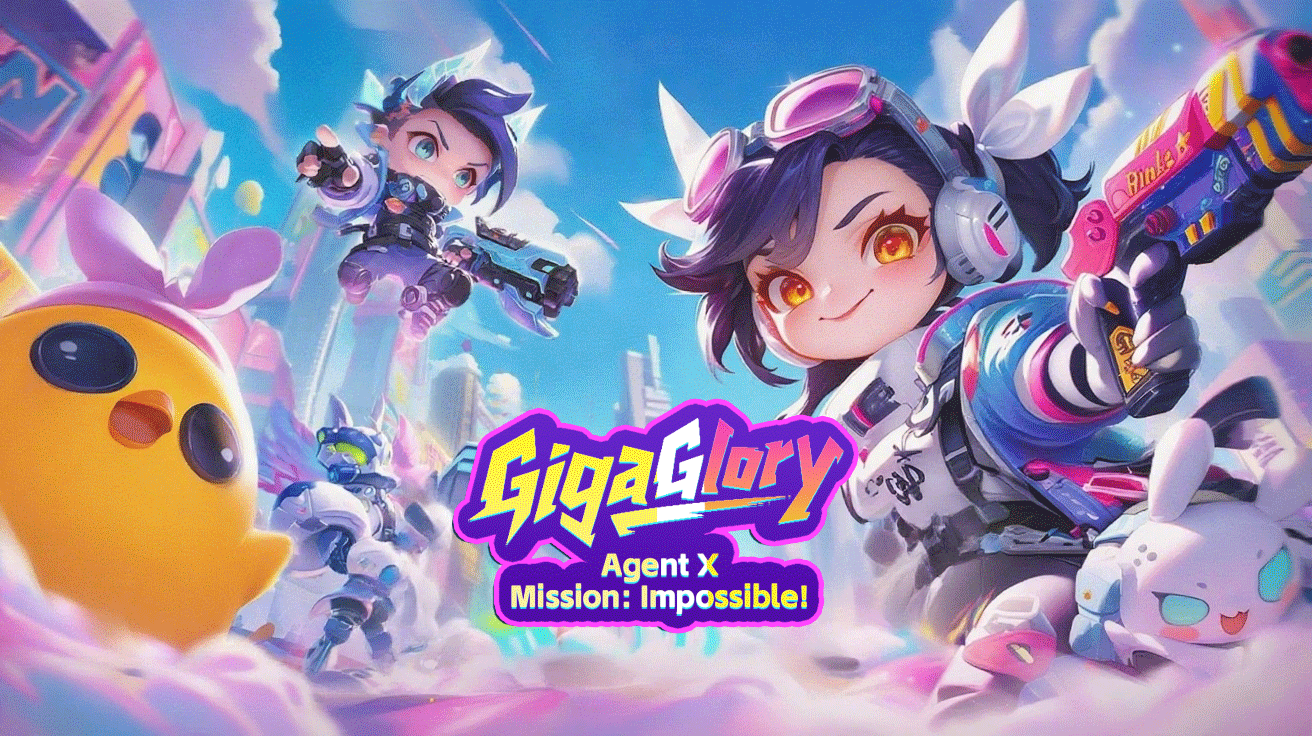Unlocking the Magic: How RPG Games Are Redefining the Gaming Experience
What is an RPG Game?
When you think about RPG games, what comes to mind? Do you envision sprawling worlds, intricate lore, or perhaps epic battles against dragons? RPG, or Role-Playing Games, are a genre that allows players to step into the shoes of unique characters, whether it’s a heroic knight or a cunning rogue. These games often feature rich narratives, character development, and interactive environments that immerse players deeply into the gaming experience.
Why RPG Games are So Popular
One thing is for sure: RPG games have a massive following. Their allure lies in their ability to deliver engaging stories, dynamic characters, and meaningful choices. Many consider them some of the best video games story ever crafted. Each decision matters, and players become invested in the fate of their characters, making these games more than just a pastime; they become an experience.
Top RPG Game Mechanics
Let's take a closer look at some of the mechanics that make RPG games stand out:
- Character Creation: Players customize their characters, selecting features, abilities, and backgrounds.
- Experience Points (XP): As players progress, they earn XP to level up and enhance skills.
- Story Choices: Decisions impact the storyline, leading to different outcomes and alternate endings.
- Side Quests: These add depth and allow players to explore the game world more fully.
- Inventory Management: Managing items, weapons, and resources is crucial for progress.
The Evolution of RPG Games
RPGs have come a long way since their early days. The transition from tabletop games to video gaming was revolutionary. Titles like “Final Fantasy” and “The Elder Scrolls” have pushed the boundaries of storytelling and world-building. Now, with platforms like the PS Vita, players can dive into epic adventures anytime, anywhere.
RPG Games on Different Platforms
Speaking of consoles, let’s break down where you can play RPG games:
| Platform | Notable RPG Titles |
|---|---|
| PC | The Witcher 3, Divinity: Original Sin 2 |
| PS4/PS5 | Final Fantasy VII Remake, Ghost of Tsushima |
| Xbox | Fable, Outer Worlds |
| Switch | Fire Emblem: Three Houses, Xenoblade Chronicles 2 |
| PS Vita | Danganronpa, Persona 4 Golden |
Why RPGs Are a Perfect Choice for Gamers
RPG games appeal to a wide range of players. Here’s why:
- Storytelling: They offer intricate plots that rival the best novels.
- Community: Many RPGs have large fan communities, perfect for making friends.
- Diverse Gameplay: Whether you prefer combat, exploration, or puzzles, there’s always something to do.
- Immersion: The rich worlds feel alive, pulling players deeper into their lore.
Getting Started with RPGs
If you’re new to RPGs and wondering where to start, consider these impactful titles:
- The Witcher 3: A narrative masterpiece packed with quests.
- Persona 5: Unique blend of social simulation and dungeon crawling.
- Dark Souls: Known for its challenging gameplay and deep lore.
- Final Fantasy VII: A classic that has shaped the genre.
- Xenoblade Chronicles: An open-world adventure with a compelling story.
The Cultural Impact of RPG Games
RPG games have influenced various aspects of culture. From popular songs to television shows, the themes and stories resonate beyond just gaming. Not to mention, many players build friendships through shared experiences in these virtual worlds.
How RPGs are Redefining the Gaming Landscape
RPGs are not just games; they’re gateways to virtual worlds where players can forge their destinies. As they evolve, the incorporation of technology like VR and AR promises to take immersion to new heights. The future of gaming looks bright, with RPGs leading the charge.
Conclusion
In a world where entertainment options are vast, RPG games continue to captivate players with their storytelling, character development, and interactive experiences. Whether you’re exploring the lands of Skyrim or strategizing in Persona, these games truly unlock magic. With continued innovation and immersive narratives, the RPG genre is set to redefine not just the gaming experience, but how we connect with stories, characters, and each other.



